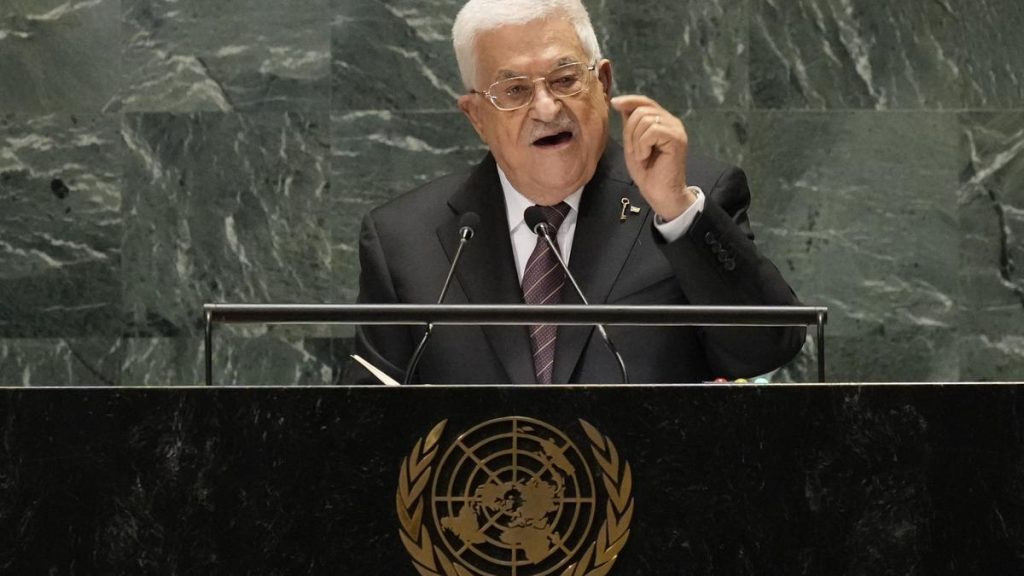Now Reading: Supreme Court Upholds Lease of Temple Land for College Establishment
-
01
Supreme Court Upholds Lease of Temple Land for College Establishment
Supreme Court Upholds Lease of Temple Land for College Establishment

Quick Summary
- The Supreme Court dismissed a plea challenging the leasing of 2.4 acres of land owned by the Somanathaswamy Temple (Kolathur, Chennai) to the Mylapore Kapaliswarar Temple for establishing an arts and science college.
- Activist T.R. Ramesh’s petition claimed procedural violations under Section 34 of the Tamil Nadu Hindu Religious and Charitable Endowments Act, 1959, and related rules governing trust property transactions.
- The High Court’s earlier judgment in February 2025 emphasized that benefits outweighed procedural infractions; students are already enrolled in undergraduate and postgraduate programs at the college since its inception in 2021-22.
- The leased land is rented for ₹3.19 lakh per month, with a slated rent hike of 15% every three years.
Indian Opinion Analysis
The Supreme Court’s decision to uphold Madras High Court’s ruling reflects judicial prioritization toward practical outcomes benefiting public welfare rather than strict adherence to procedural technicalities. Establishing an educational institution aligns with broader societal goals but raises legitimate concerns about transparency in trust-property transactions. Ensuring robust processes allows stakeholders-devotees who hold emotional or spiritual ties to temple lands-to contribute ideas or raise objections.
While the ongoing educational endeavor supports equitable access with over 743 students enrolled since its opening, activists like T.R.Ramesh highlight systemic inefficiencies perhaps prejudicing local interests if crucial financial details are omitted or improperly disclosed during such dealings. Institutions involved must balance progress ambitions against safeguarding religious heritage.
Read More: Link























